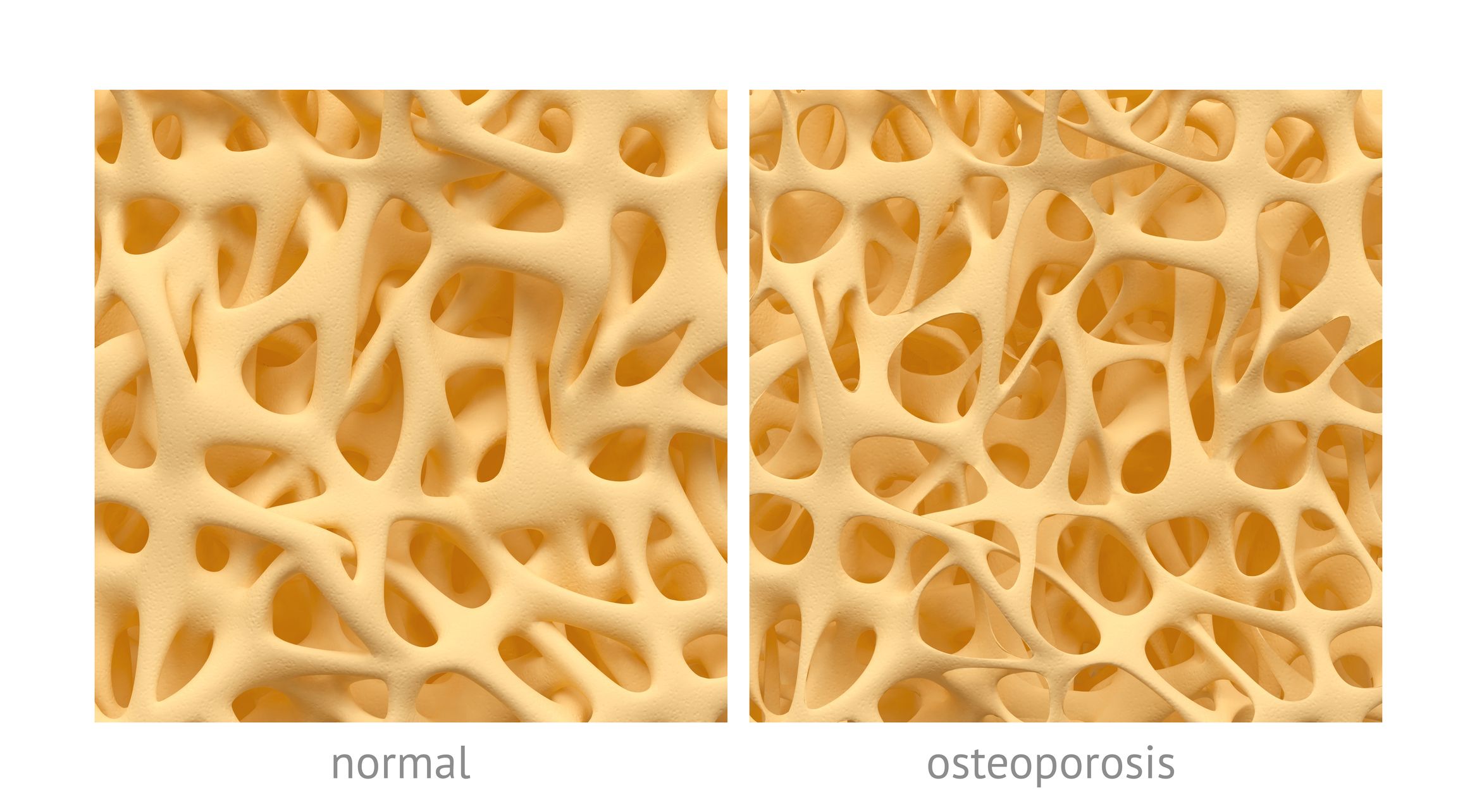By Shelley Powers
Shelley Powers, a 67-year old retired teacher from San Jose, CA, didn’t expect to be diagnosed with osteoporosis at the age of 53. Like so many women, she didn’t know how to advocate for her own bone health, and as a result she missed a few opportunities for an earlier diagnosis. Now a volunteer with American Bone Health, Shelley shares her osteoporosis story in hopes of raising awareness about the disease—and to encourage women to be better advocates for their own bone health.
***
Osteoporosis isn’t just your grandmother’s problem. I was 53 when I was first diagnosed. Indeed, had I received the correct testing, I might have been diagnosed earlier.
At 53 I tripped and injured my back, and the pain just wouldn’t subside. I got an x-ray and osteopenia showed up. My doctor ordered a DXA (dual energy x-ray absorptiometry) scan and my bone loss was so severe, it wasn’t even funny. After feelings of shock and awe, I went right to a specialist, who introduced me to the American Bone Health organization.
I feel good now, but continue to lose bone density. I’ve been on two different types of medication, but at the moment am on a holiday.
The first thing I did when I was diagnosed was take myself to a physical therapist who specialized in osteoporosis. She told me what I could do and what I should be more careful doing. Today, I take what I can do and do it to the max: I walk every day, and three days a week I do four- to five-mile hikes up and down hills. I also weight-lift and do Pilates and see the physical therapist once a week who challenges me and helps me stay strong.
If you suspect you might be losing bone density, my best advice is to go to an expert. Beyond menopause and genetics, there are a lot of other factors that can affect bone loss, like steroid use from inflammatory disease and certain other medications. An expert will test you for these factors.
An overall balanced diet with lots of calcium is important for bone health. Your doctor may test your vitamin D levels. My doctor tested mine and it was low. This low level can affect how your body uses calcium.
Younger people should do everything they can to build up their bone bank. For example, high-impact exercise really stimulates bone growth. Strong muscle mass protects your bones. The more muscular you are, the better. Balance is also tied into fall prevention. If you have good balance, the pathways are laid down in your brain from muscle memory. You may be able to recover from a fall if your balance is strong. Be sure to talk to your healthcare provider before starting or changing an exercise regimen.
I won’t ever know if being diagnosed earlier with osteoporosis would've made a difference. But if I knew then what I know now, I would’ve advocated for myself differently.
This resource was created with support from Radius Health, Inc. This post does not constitute medical advice. My personal story and opinions are my own. I am not a medical professional and am not qualified to give medical advice. Please talk with your healthcare provider about your individual medical situation. DS-Osteo-US-01107.
- Osteoporosis Isn’t a Given - HealthyWomen ›
- How Women of All Ages Can Prevent Osteoporosis - HealthyWomen ›
- For Women, Osteoporosis Leaves Physical and Emotional Scars - HealthyWomen ›
- It Wasn’t Muscle Damage: It Was Four Fractures and Osteoporosis - HealthyWomen ›
- Clinically Speaking: Questions to Ask Your Healthcare Provider (HCP) About Osteoporosis - HealthyWomen ›
- Taking on Mountains — and Osteoporosis - HealthyWomen ›
- Taking on Mountains — and Osteoporosis - HealthyWomen ›
- What Increases Your Risk for Bone Fractures and Osteoporosis? - HealthyWomen ›


